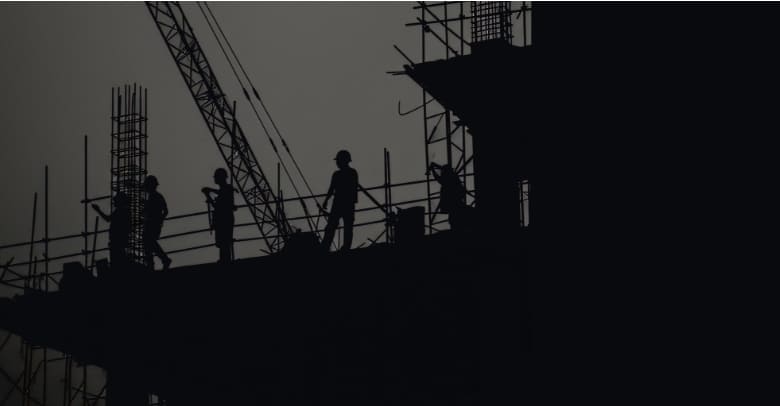
Momentous Energy: RustMo1 marks 10 years of clean energy production
Share
The RustMo1 Solar Project, the first renewable energy project developed under South Africa’s large renewables tender programme − the Renewable Energy Independent Power Producers Procurement Programme (REI4P) − is marking 10 years of clean energy production.
REI4P is aimed at bringing additional megawatts onto the country’s electricity system through private sector investment in solar, wind, biomass and small hydro, among others.
Developed by Momentous Energy, the 7MW project, which has been generating around 12.5 million kilowatt-hours (kWh) of electricity annually, enough to power several thousand low-income homes, has provided a formative precedent for powering SA’s just energy transition and addressing the energy crisis, says the firm.
Now owned together with Reatile Renewables, the 19-hectare project site, located 22km outside of Rustenburg, was constructed and is operated by Juwi Renewable Energies South Africa.
The project has been powering thousands of homes with clean energy, helping to mitigate load-shedding and transition SA to renewables, says Momentous Energy.
In close collaboration with national utility Eskom and the Independent Power Producer (IPP) Office, project debt was provided by the Industrial Development Corporation of South Africa and financial services group Nedbank.
“The RustMo1 Solar Project exemplifies the profound importance and power of private-public partnerships in steering the world toward clean energy, with us pioneering on financial close, project agreements and so on, that still remain in use across the IPP industry today,” says Dr Pravin Semnarayan, CEO of Momentous Energy.
“It has truly been a joint effort, requiring deep commitment and collaboration from various institutions dedicated to advancing our country’s energy transition over the past decade.”
“As the first REI4P project, RustMo1 demanded constant innovation and creative problem-solving from the Juwi and Momentous Energy teams and partners, navigating uncharted waters,” says Richard Doyle, MD of Juwi Renewable Energies.
“With no national grid rules in place during the project’s commissioning, the
worked closely with the Renewable Energy Technical Evaluation Committee to create the grid code, now guiding all solar plants connecting to the grid.”
According to Ramona Mohanlall, COO of RustMo1, one of the most fulfilling outcomes of the project has been its contribution to community and skills development, and to women’s empowerment.
“With 17% of dividends from the project funding a community trust (instead of the usual 2.5% required by the REI4P), profits have supported early childhood development
for 250 young children, provided meals for 700 children during the COVID pandemic, and financed safe, flushing toilets to replace dangerous pit latrines,” says Mohanlall.
“Our community-focused initiatives have yielded remarkable results, from supporting Retief Primary School, to producing the top matriculant student in the North West Province in 2022.”
The project’s skills development and women's empowerment initiatives have paid off too, according to Dimakatso Chunda, “I started as a junior security guard on the project, and now, with Grade A security clearance and pursuing a general management qualification, I've built a family home. As a woman, RustMo changed my life and provided me with opportunities for professional development that I never had before.”
“Reatile Renewables is proud to contribute to RustMo1's legacy. This project and the team have set a high benchmark for other IPP projects in the REI4P,” says Sunette Smith, portfolio executive at Reatile Group.
Juwi has signed a new agreement to continue this work. It points out the next decade will see the project generating a further 110 million kilo-watt hours of clean energy amid the energy crisis, reducing carbon by around 66 000 tonnes of CO2, the equivalent emissions of around 24 million litres of diesel consumed.
According to Doyle: “This project is one of deep foundational influence for both our team and South Africa, and the first of many we’ve developed, constructed or operated for the South African grid. We’re honoured to contribute to the next phase of RustMo’s journey, and to witness how this model will inspire the next iteration of the national renewables procurement programme.”




